Though the camera obscura doesn’t actually record images, almost every camera in existence works on the principles implemented by it. Dating back to the 4th century BCE, artists have traced the projections created by these tools—long before the conception of the daguerreotype.
Even today, it’s pretty simple to build a camera obscura of your own. What’s more, building one can be helpful in understanding the way your top of the line DSLR functions. Marcin Lewandowski demonstrates exactly how to put one together with stuff that you likely have lying around:

Build a Camera Body
The most important thing in creating a camera obscura is a body or chamber. In fact, the word camera obscura is actually Latin for “dark room.” Lewandowski uses cardboard to make 20 centimeter strips, then attaches his “walls” using tape to create a secure rectangular prism. You may want to consider painting the inner part of the chamber black or thoroughly taping down the seams. The darker it is inside of the camera obscura, the stronger your projection will be.
Create an Aperture
Every camera needs an aperture, and the obscura is no exception. Use a square piece of cardboard that can fit over one end of the chamber as the holster for your aperture. Feel free to cut a square hole as large or as small as you’d like; just keep in mind that the smaller the hole you use, the slower your aperture will be (just like a real camera)!
Secure the Lens
Though not entirely necessary, if you’re using an aperture larger than a pinhole, you’ll like to give your device a better feel by adding a lens. By no means does this have to be fancy. Lewandowski opts to pop out the lens of a cheap magnifying glass rather than employ expensive glass. Mounting your lens is as simple as grabbing some tape and positioning it over the aperture. Once the lens is in place, you can attach the cardboard aperture to the front of your camera body.
Build a Focusing Mechanism
A focusing mechanism will allow you to use your camera obscura on subjects at a variety of distances. Simply repeat the steps you took to make the camera body, only this time scale down your measurements just a little bit. Ideally, you’ll want your focusing mechanism to fit snugly inside of your camera chamber, leaving enough room that you can easily move in and out.
Attach Your “Full Frame” Sensor
Finally, you’ll want to create a “sensor.” In other words, a surface for your image to reflect onto. Build a thin cardboard frame that will fit onto the front of your sliding mechanism. Once you have that, fit a piece of semi-transparent tracing paper to the frame and tape everything into place.
Voila! That’s all there is to creating your very own homemade camera obscura. The best part about this particular model is that it’s mobile and lightweight, meaning that you can take it outside for a test run. If you so choose, you can even use a mobile phone or digital camera to record your what your camera obscura picks up.
The process of building a camera obscura serves as much more than a DIY to pass the time. Putting together each individual piece illustrates how the cameras we know and love today function, and brings us just a little bit closer to the medium’s roots.
“Camera obscura is the most basic photography device…what’s really interesting about camera obscura is that practically every single camera in existence works on the same principle.”
Like This Article?
Don't Miss The Next One!
Join over 100,000 photographers of all experience levels who receive our free photography tips and articles to stay current:

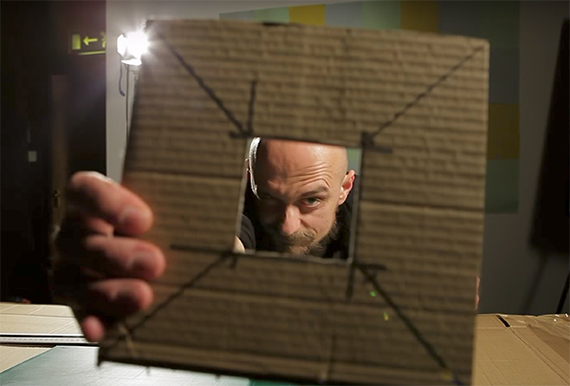
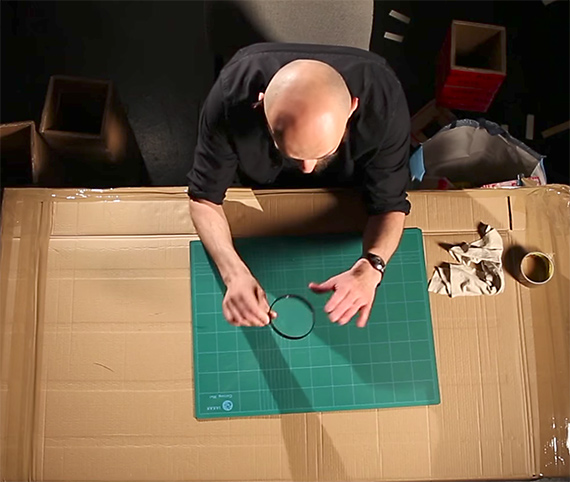
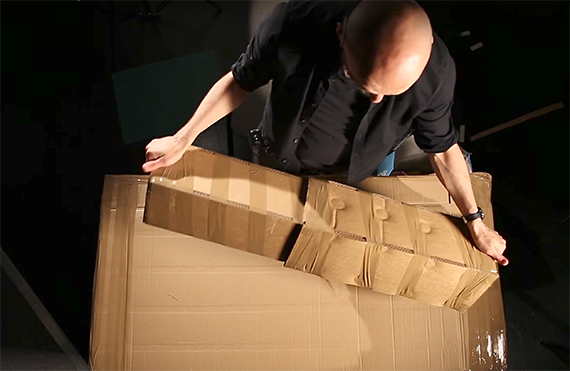
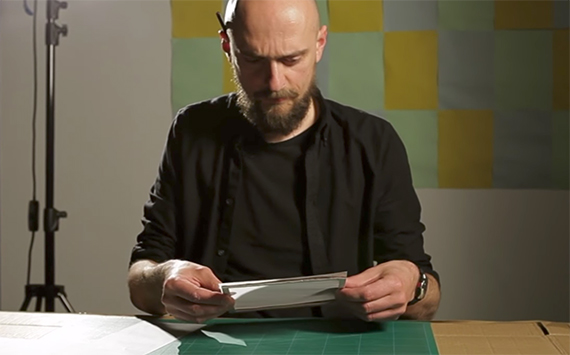
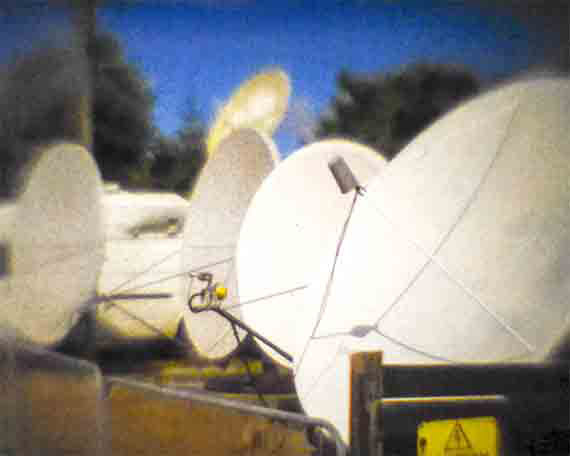


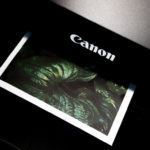
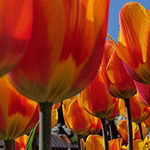


Thanks.
Amazing DIY! Useful for understanding the principle!